The retail industry is in the dock thanks to Sports Direct and BHS.

Two damning parliamentary reports led to the working practices at Sports Direct being described as “Victorian” and the demise of BHS as the “unacceptable face of capitalism”.
Two of the biggest names in the retail industry have been at the heart of these sagas - Mike Ashley and Sir Philip Green - and what they do next promises to be extremely interesting.
Ashley has pledged to review the working practices at Sports Direct and Green has pledged to “sort” the £571m black hole in the BHS pension scheme. However, their reputations now rest on delivering on those promises.
Business leaders I have spoken to - in the retail world and outside - are frustrated at the stain these affairs have left on the corporate world. The BHS scandal, in particular, has caused consternation because of the public perception that while 11,000 people lose their jobs and pensions, others walk away with millions.
Rightly, there is frustration not just at Green’s failure to resolve the problems in the BHS pension scheme, but at the fact he then sold it to someone who was clearly unsuited to rescuing a retailer with 164 shops. Dominic Chappell’s shambolic and, according to MPs, self-serving management of BHS is probably the most astonishing part of the scandal.
The MPs concluded that the owners of BHS had consistently exploited the hard work of the retailer’s employees for their own financial means. In their words, BHS was “systematically plundered”.
Retail focus
The reports into Sports Direct and BHS could not have come at a worse time for the business world.
The new prime minister, Theresa May, has already warned that she wants to clamp down on corporate excess, potentially by reining in executive pay and placing employee representatives on the board of companies.
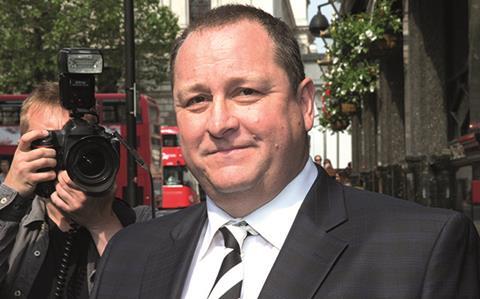
Even pro-business trade bodies such as the Institute of Directors want changes to how private companies are governed. As a consequence, new laws that reaffirm the responsibilities of company directors to their employees and pension scheme look inevitable.
This could have a wide-ranging impact, touching property companies as well as retailers. However, the mood in Westminster is that boardrooms have become detached from the average man in the street and something has to change.
The response from Ashley and Green to these episodes will be more intriguing than the political response.
Ashley is almost certain to batten down the hatches and focus on what he knows best - retailing. The MPs’ report has overshadowed the fact that Sports Direct is already finding trading harder than perhaps at any time since it floated in 2007. This is thanks to a resurgent JD Sports, a frosty relationship with Adidas (which will not supply the company with football kits) and the fall in the value of sterling.
Ashley will focus on modernising the company’s stores and moving to larger out-of-town and high-street units. The Sports Direct founder has also indicated that he will look to repair relations with the company’s shareholders by launching a share buyback, and there is likely to be a PR offensive showing that Ashley has taken steps to improve working conditions in the retailer’s warehouse and stores.
Fallout only just beginning
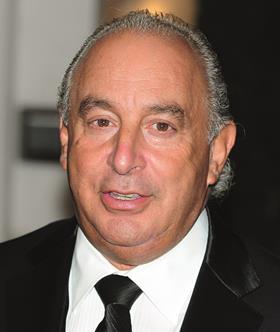
Green also wants to focus on his shops again, but it is not that simple. First, the tycoon has to agree a deal with the Pensions Regulator about filling the hole in the BHS scheme.
He is understood to be in negotiations about a deal that would involve paying BHS pensioners a lump sum up front and then the rest of their entitlement over a period of years. However, it is not clear whether the regulator will accept this, or how much Green could afford to stump up in cash in one go.
Although Arcadia, the owner of Topshop, Dorothy Perkins and Wallis, generated cash of £328m last year and pre-tax profits of £214m, the regulator is also thought to be looking into Arcadia’s pension deficit of £190m. This means that moving funds from Arcadia to the BHS pension scheme may not be straightforward.
Another unknown is how much cash Green and his family have to hand, so the sale of assets - whether retail brands or property - to fund a rescue deal cannot be ruled out, especially if he is forced to contribute as much as £300m, which is the rough cost of the Pension Protection Fund taking on the BHS pension scheme.
However, it would not be a surprise if Green comes out firing with a new retail deal or ambitious overseas expansion plan for his brands, particularly Topshop.
The fallout from the Sports Direct and BHS sagas is only just beginning. Two titans of the industry - who call themselves “emp” and “mini emp” - have some key decisions to make.
Graham Ruddick is senior business reporter at The Guardian


























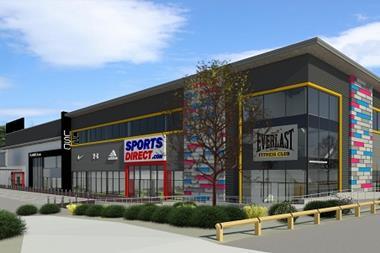
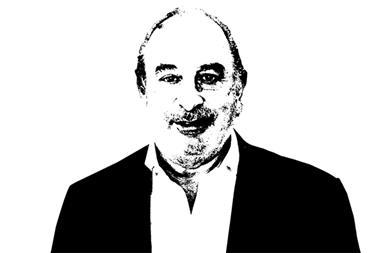
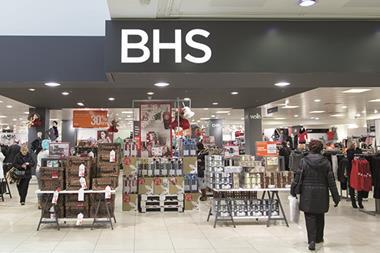
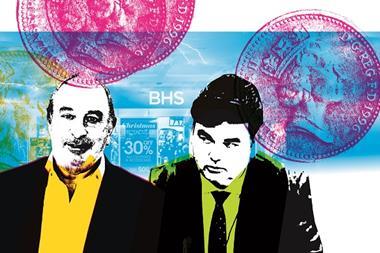


No comments yet